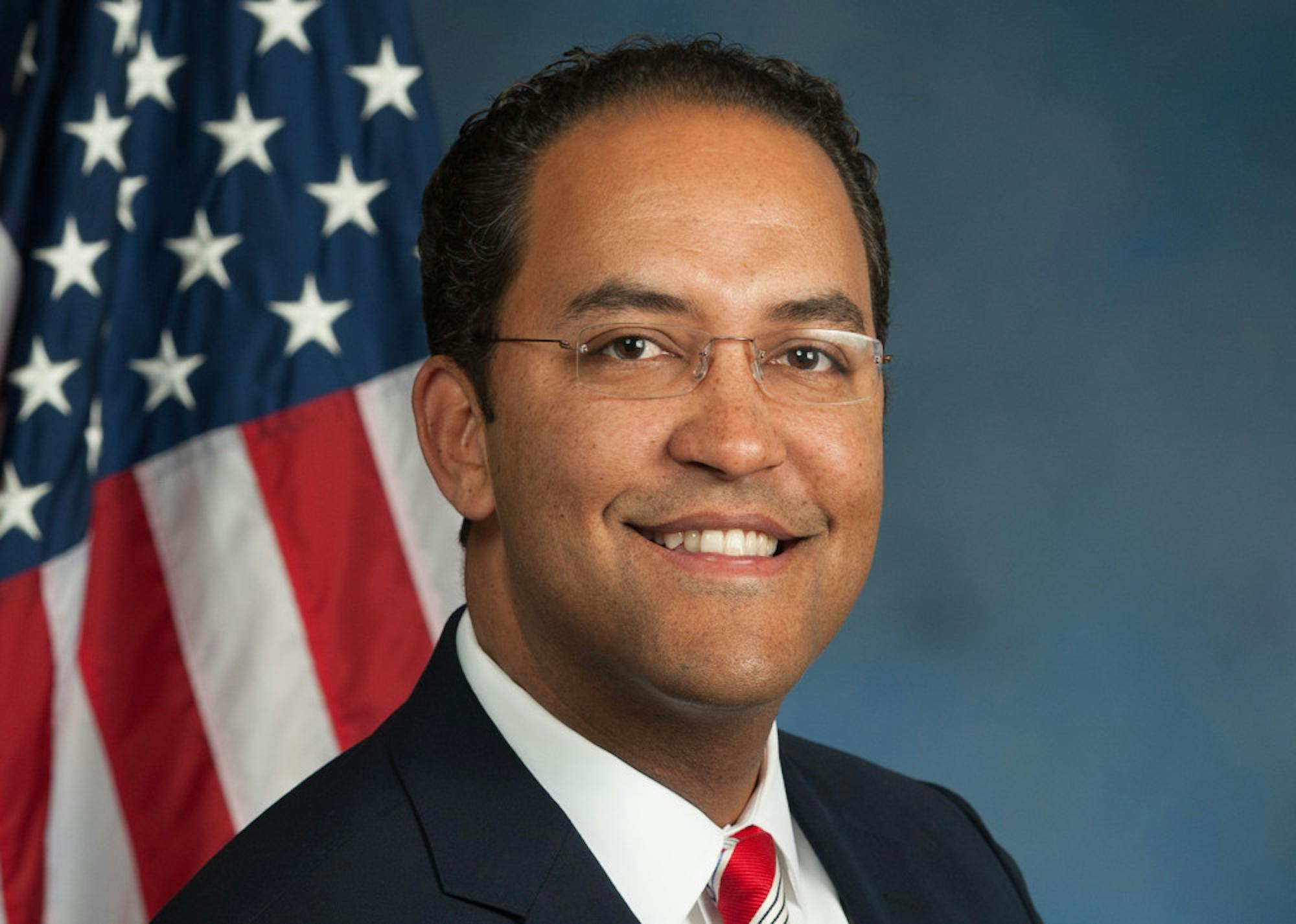The Jonathan M. Tisch College of Civic Life held an event called Coffee & Cookies with Congressman Will Hurd on Sept. 6. A computer science graduate from Texas A&M and former Central Intelligence Agency (CIA) operative, Hurd was elected to represent Texas' 23rd District in 2014 and is now serving his third term, according to his website. Currently, he is the only black Republican serving in the House of Representatives, according to the Tisch College website. Last month, Hurdannounced that he will not be seeking reelection in 2020.
Max Morningstar, a student who attended the event, was interested in the reason behind Hurd's decision not to run for reelection in 2020. Morningstar, a first-year, wanted to dig specifically into the former CIA agent’s future plans surrounding cybersecurity.
Almost immediately, Hurd addressed his reasoning for not returning to Congress for a fourth term. He stated that his three terms have seen 15 pieces of legislation signed into law and that he wished to help the country in other ways, emphasizing his wish to focus on cybersecurity.
Although Hurd admitted that his influences are largely conservative-leaning, he emphasized his determent from political challenges founded on generational lines.
“Elections are won by creating contrast … and this only ends in contrast," Hurd said.
Tufts Republicans President Rachel Wolff noticed that Hurd's ideas were often unique ones within the Republican Party.
“[It would be] good if people got out of it … greater diversity of opinion within the Republican Party," Wolff, a senior, said.
Hurd said he does not always vote along Republican Party lines, pointing to the fact that he voted against repealing and replacing the Affordable Care Act.
"It needs to be fixed, but taking money out of it is not part of the problem," he said.
Hurd stressed that regardless of party lines, the most important item for our generation is to focus on is international security.
After a brief introduction and some explanation of his past CIA work, Hurd opened the floor up for questions. Attendees asked about China and Russia, which have been considered significant threats to national security, especially during the most recent election. Hurd was quick to respond with ideas for new legislation surrounding cybersecurity, citing especially the lack of national breach laws in the U.S.
Toward the end of the event, Hurd highlighted Russia's interference in the 2016 presidential election, saying it was an issue that bridged party lines.
“Republicans and Democrats agree that Russians influenced our elections to erode trust in our democratic institutions," he said.
As he closed, he became emotional when describing the diplomats that have focused on U.S. security since 9/11. Hurd added that he is proud that Tisch College examines civic engagement, stating it greatly excites him for the future of the CIA.
Congressman, former CIA agent Hurd speaks at Tisch College

The US Congressman Will Hurd is pictured.





